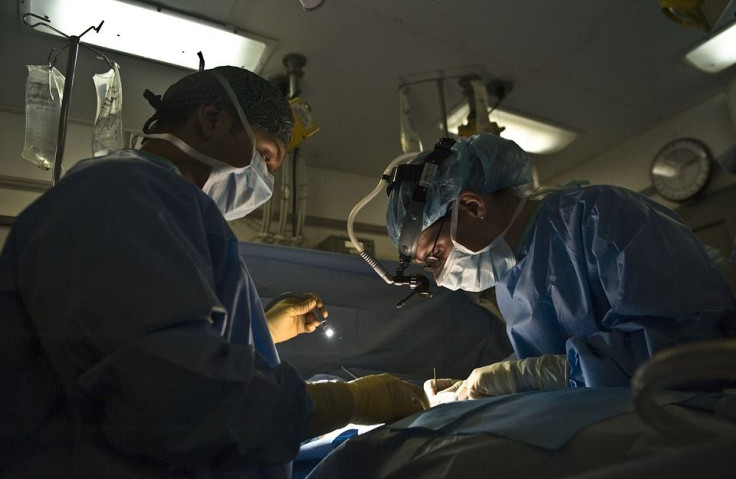41-Year-Old Man Ends Up With 5 Kidneys After 3 Transplant Surgeries
In an extremely rare case, a 41-year-old man who underwent three renal transplant surgeries has ended up with five kidneys in his body. He has three transplanted kidneys besides his original two ones.
The rare surgical procedure was performed at the Madras Medical Mission, a hospital in Chennai, a city in the Indian state of Tamil Nadu, News 18 reported.
According to Dr. S Saravanan, who headed the medical team, the patient underwent a kidney transplant twice before he came to him, but the surgeries failed due to hypertension. That's when the doctors decided to go for a third transplant.
The third surgery was carried out on July 10, and a follow-up performed this month revealed the organ to be functioning well.
"There were challenges in performing this surgery — first, lack of space for the new kidney in the retroperitoneum; then the lack of width on the native blood vessels to connect the renal artery and vein," Dr. S. Saravanan told News 18.
He added the patient's bladder was scattered with earlier surgeries and he tended to develop a lot of antibodies from the earlier procedures. The doctors had to conduct plasmapheresis (filtering the blood) before placing the new kidney.
According to the doctor, the old kidneys have not been removed to make space for the new one as the patient could profusely bleed and require a blood transfusion. It could also lead to the production of antibodies and the rejection of the new kidney, India Today reported.
The fifth kidney has been placed high above the abdominal cavity, right next to the intestine as opposed to the conventional approach. "The transperitoneal approach (through the gut), a rare surgery, saved the day for my patient. This is an uncommon surgery and I have to see a paper published on this in India," the doctor added.
The patient also underwent triple bypass surgery three months ago after he was diagnosed with coronary artery disease.
Recently, doctors in India performed a rare surgery on a newborn to remove a tumor that was attached to the surface of the heart. The infant was diagnosed with a rare congenital tumor that could be life-threatening.
The hospital said the tumor was detected during a routine ultrasound of his mother at 20 weeks of gestation. Since the baby's condition was precarious, the operation was conducted on the second day of its birth.






















